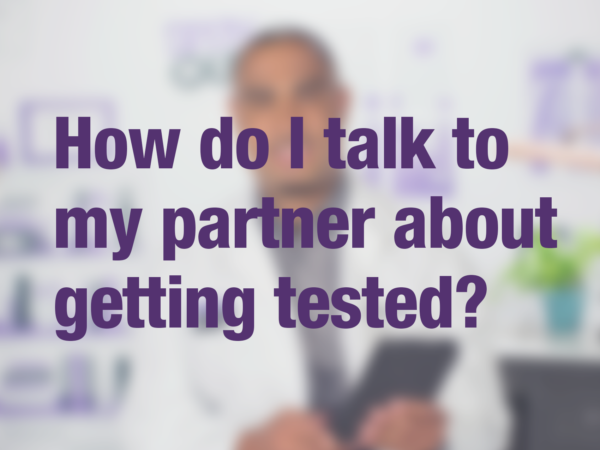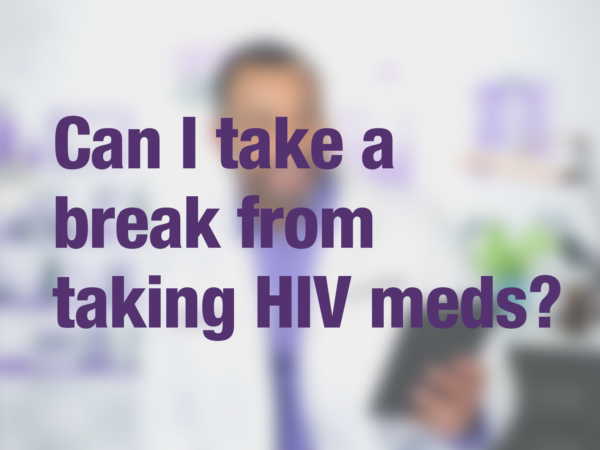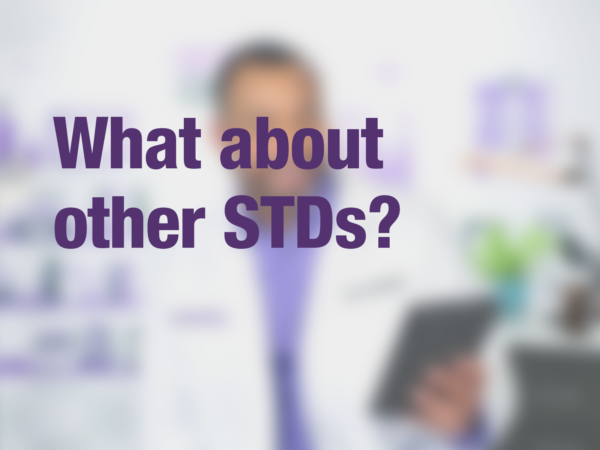Dr. David: I think I’ve been exposed to HIV. Can PrEP help?
Got questions about PrEP? #AskTheHIVDoc has all the answers.
If you’re getting into a situation where the exposure has already taken place, PrEP is not going to help. And the simple way to remember this is when you think about Pre, PrEP, it’s from Pre-exposure prophylaxis. So you’re supposed to be taking the medication before the exposure takes place. And remember, PrEP has to be taken for at least a week before it can actually get to levels in the bloodstream where it’s going to prevent an infection. But actually in the case of if you think you’ve been exposed to HIV, at that point, as soon as possible, get to some medical help, even emergency room if you need to, because we have what’s called Post Exposure Prophylaxis, which is after the exposure has taken place. And that’s when you take 3 medications for a month to prevent HIV exposure.
Worried about a recent hook-up? Dr. David discusses how to reduce the risk for HIV after unprotected sex.
Post-exposure prophylaxis, or PEP, is an emergency option to reduce the risk of contracting the virus. PEP involves starting a triple-drug combination of HIV drugs within 48 to 72 hours of the possible exposure and staying on the daily regimen for a month.
Any health care provider can prescribe PEP, but not all may be familiar with it. If yours is not, or you don’t have a regular provider, you should be able to get it from an emergency room. If the ER doesn’t understand your request, tell them to follow the same protocol as they would if they had a needle stick.
Click here for more information.


